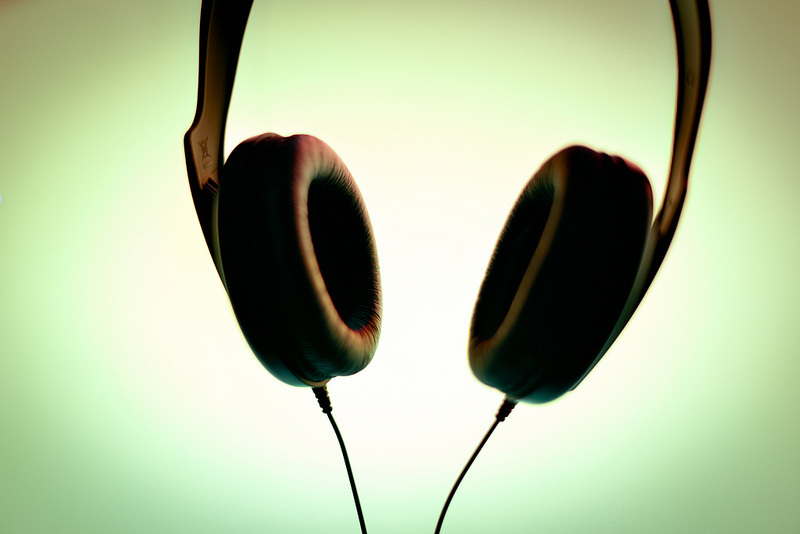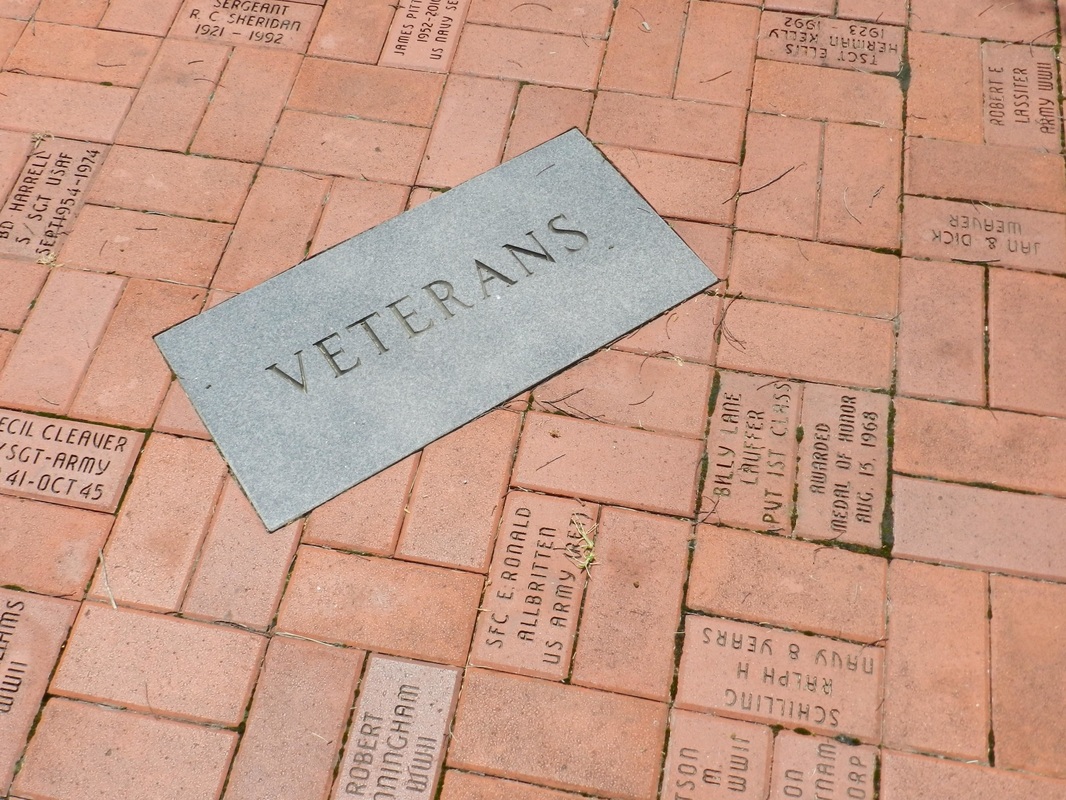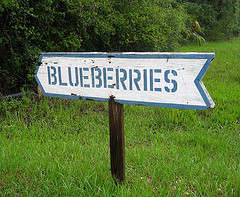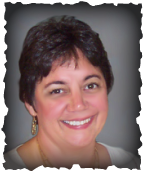|
9/21/2015 Today is World Alzheimer's Day - remember those who forget and how to avoid becoming one of themI just read an article published in The Guardian, titled "One Third of People Born in 2015 Will Develop Dementia" and I felt a shiver go through me - a mix of disbelief, dread and then a goodly portion of righteous anger. I think every single human with a beating heart who looks at the statistics, those cold, easy to ignore numbers, and applies them to the babies being born now can't help but cry out that we ALL need to do more to address this health crisis. There is a virtual tsunami of dementia coming if we don't find ways to stop it. It will swamp our healthcare system and there will be no where to escape it.
Research is, of course, necessary, and finally receiving some significant attention. But we can do more than that. Those who are children or caregivers of parents/elders with dementia know personally the devastating consequences that it can bring -- emotional, financial, in family relationships, in health of the caregiver. So, that multiplies the shivers by quite an exponential factor. The truth is, there is almost NO one who is untouched by Alzheimer's in some way: whether it be a parent or grandparent, spouse, aunt or uncle, cousin or friend who is losing their personality and memory in excruciating pieces. Julianne Moore recently put a spotlight on the early-onset form of Alzheimer's in her award-winning performance in the film "Still Alice". And there are various groups vying for funds to support the cause in various ways. But I want to talk about what is within our power, each of us, as individuals, to defeat this disease. There's actually quite a lot that we CAN do, aside from shivering in disbelief. Here are some of the most important, scientifically supported ways you can reduce your own risk of developing Alzheimer's disease:
I'm going to stop here, though I could go on at length. The information is here, on this website and many others. I really implore you all to take your power back and act on that which you CAN control. Type II diabetes is at epidemic proportions, and this is something we can treat and reverse. So today, in honor of World Alzheimer's Day, won't you make a commitment to your own health and happiness by taking some steps to avoid Alzheimer's yourself? Do it for your own benefit and also for those who love and depend on you. Do it for your children to set a good, healthy example for them so they don't become one of the three people who will develop dementia. Whatever reason inspires or motivates you, just do it! Though I have direct experience with caring for a veteran, my mother, who served as a Navy Lieutenant and nurse in WWII, did not suffer from post traumatic stress disorder (PTSD) as so many thousands of combat veterans do. I do personally know friends who have struggled silently with the demons of flashbacks, terrible nightmares, night sweats, depression, relationship difficulties and other disruptions of life, even decades after their combat duty. According to a recent report in TIME magazine, 22 veterans take their own life each day, unable to cope with depression, PTSD, joblessness, inability to fit back into their own families. This is a simply horrifying, mind-numbing statistic. The unimaginable disruption and emotional devastation rippling out through families and communities all over the U.S. is a quiet river of death, and it dishonors these brave men and women who answered the call to serve our country. We must find a way to help them, given that the over-burdened and inept VA system is not meeting this dire need.
I have shared many ideas for caring for veterans here on this site: Caring for a Veteran, including resources and links to the Rosalynn Carter Institute for Caregiving and their program Operation Family Caregiver, which has now grown to national scope. I had the privilege of attending a summit at the RCI in 2012 and was most impressed with the training and support they offer to family caregivers of returning veterans. I encourage anyone in this position to seek out their program, available via telephone/Skype to reach those who need it. I have also written specifically about PTSD and help available through programs such as Adam Burke's project, VeteransFarm.org, for which he was awarded the Presidential Medal of Honor in 2012. This model combines training for handicapped vets in growing organic blueberries, developing business skills and offering assistance in starting and operating a blueberry farm from several non-government veterans organizations. This is a very worthy undertaking, and it's obviously a win-win situation in that veterans are then prepared for a new career which happens to provide its own gardening therapy, and a place to live, as well as land, equipment and support to create a food crop that is much in demand. I recently came across a news article which sparks hope for a new audio therapy device called a bio-acoustic utilization device (BAUD), which uses something called binaural beats through headphones during a therapy session. Here is a link to a blog post on the Armed Forces Benefits Association website for further information about BAUD and PTSD therapy possibilities. And, this is the article, published on August 29, 2015 in the Sarasota Herald Tribune, which originally got my attention: Veterans with PTSD Praise Audio Therapy Results. The article mentions George Lindenfeld, a neuro-psychologist formerly treating veterans in Asheville, NC, now relocated to Sarasota, FL, and his work with PTSD using the BAUD in therapy. The results are pretty astounding and it seems this technology offers a viable approach to treating PTSD. More research is no doubt needed, but this is a promising new therapy. In closing, I ask you to share the information in this post with those families, caregivers, and friends of veterans who are suffering from PTSD and having a tough time putting their lives back together after serving in the military. They deserve our help and support, and you never know when you might be quite literally casting a life line to someone in crisis. Even one veteran suicide a day is too many! Please take action and share this today. |
About Karen
Karen is a compassionate, enthusiastic student of life, who cared for her mother for 17 years. She brings her insights, compassion, experience and desire to share knowledge and healing to this ongoing conversation with others on the caregiving path. If you are caring for a parent, spouse, friend or other loved one this site offers sanity-saving tips, open-hearted self-care ideas, and an open forum for discussion, connection and sharing resources for the journey. Archives
October 2021
CategoriesAll Acceptance Aging Together Alan Cohen Alive Inside Movie Alzheimer's Alzheimer's Prevention A Mind Of Your Own Anxiety Aromatherapy Audio Therapy For PTSD Austin Air Hepa Filter Autism Back Care Video Beginner's Mind Being Present Blessing For Caregivers Books Brain Insulin Butterfly Story Calm Calm.com App Care For Veterans Caregiver Advocate Caregiver Coalition Caregiver Comfort Kit Caregiver Guilt Caregiver Retreat Caregiver's Serenity Prayer Caregiver Stress Caregiver Support Care Giving Caregiving Vulnerability Care In Hospital Caterpillar Into Butterflies Chamomile Tea Cindy Laverty Comedian Computers & Exercise Crisis Dan Cohen Deepak Chopra Delirium Depression Diabetes Disaster Preparedness Distractions Dr. Dharma Singh Khalsa Dr. Oliver Sacks Eden Alternative Eldershire Elizabeth Dole Foundation Emergency Planning Emergency Preparation Emerson End Of Caregiving Enough Already Escapism Essential Oils Food Safety Forgiveness Funny Stories Gaiam.com Gail Sheehy Gift Of Alzheimer Gift Of Healing Presence GMO Food Green House Project Gregory Fricchione Md Grief Guilt Happy Light Healing Holding Hands Home As Sanctuary Hope Hospital Caregiving Hospital Stay Humor Inspirational Reading Ipods For Nursing Homes Isolation Jacksonville James E. Miller John Denver Johns Hopkins Study John T. McFadden Jon Kabat-Zinn Kelly Brogan Kirtan Kriya Meditation Lao Tzu Laugh Laughter Lavender Loneliness Loss Of Purpose Love Love In The Nursing Home Maya Angelou Mayo Clinic Mayo Clinic Alzheimer's Blog MD Meditation Meditation Garden Melatonin Memory Memory Cafe Military Caregiver Mindfulness Meditation Mr. Bean Music Music & Alzheimer Music And Memory Neurological Research Noise Pollution Operation Family Caregiver Opportunity Overnight Respite Care Pandemic Passages In Caregiving Patience Paul Coelho Peace Post-traumatic Stress Disorder Power Of Love Prayer PTSD Quality Of Sleep Radical Contentment Relaxation Releasing Problems Renewal Research Respite Rewind Rodney Yee Rosalynn Carter Rosalynn Carter Institute For Caregiving Rowan Atkinson Sanctuary Sanity Self Care Serenity Silence Sleep Slowing Time Solutions Soothing Music Stress Stress Relief Sun Sunshine Support For Caregivers Tai Chi Thanksgiving The Care Company The Kiss Time Traumatic Brain Injury Travel With Alzheimer's Person Treat VA Caregivers Valentine's Day Verilux Veteran Farms Veterans Veteran Suicide Vitamin D Wayne W. Dyer Wellness Wendell Berry White Noise William H. Thomas Worry Yoga Yoga Video |




